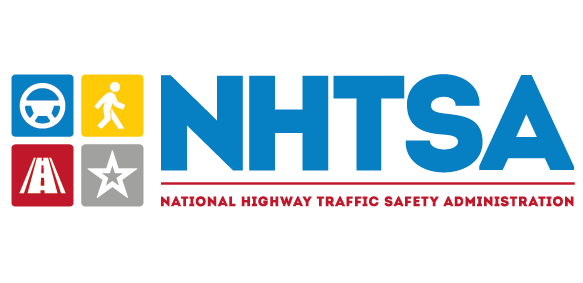
Last Updated on April 4, 2022 12:50 pm
Standards to require fleet average of 49 mpg by 2026, save consumers money, and advance U.S. energy independence
April 1, 2022 | Washington, DC
The U.S. Department of Transportation’s National Highway Traffic Safety Administration today announced new, landmark fuel economy standards which follow President Biden’s executive order to drive American leadership forward on clean cars. The new standards will make vehicle miles per gallon more efficient, save consumers money at the pump, and reduce transportation emissions.
The new Corporate Average Fuel Economy standards require an industry-wide fleet average of approximately 49 mpg for passenger cars and light trucks in model year 2026, the strongest cost savings and fuel efficiency standards to date. The new standards will increase fuel efficiency 8% annually for model years 2024-2025 and 10% annually for model year 2026. They will also increase the estimated fleetwide average by nearly 10 miles per gallon for model year 2026, relative to model year 2021.
Strong fuel economy standards strengthen U.S. energy independence and help reduce reliance on fossil fuels. Since CAFE was signed into law in 1975, the standards have reduced American oil consumption by 25%, or approximately 5 million barrels a day since then.
The new CAFE standards for model year 2024-26 will reduce fuel use by more than 200 billion gallons through 2050, as compared to continuing under the old standards.
Increasing vehicle efficiency and reducing fuel use will save American families and consumers money at the pump. Americans purchasing new vehicles in 2026 will get 33% more miles per gallon as compared to 2021 vehicles. This means new car drivers in 2026 will only have to fill up their tanks three times as compared to every four times that new car drivers today do for the same trips.
“Today's rule means that American families will be able to drive further before they have to fill up, saving hundreds of dollars per year,” said U.S. Transportation Secretary Pete Buttigieg. “These improvements will also make our country less vulnerable to global shifts in the price of
oil, and protect communities by reducing carbon emissions by 2.5 billion metric tons.”
The new standards will also reduce greenhouse gas emissions and air pollution. These reductions will improve public health and provide environmental justice for communities who live near freeways and other heavily trafficked roadways, which are disproportionately low-income communities of color.
“NHTSA is helping American families by making life more affordable – and the air cleaner for their children. These vehicles will be better for the environment, safer than ever, and cost less to fuel over their lifetimes. We are proud to fulfill President Biden’s mission to move us to a more sustainable future, one that strengthens American energy independence and helps put more money in American families’ pockets,” said Dr. Steven Cliff, NHTSA’s Deputy Administrator.
This announcement of new standards comes as the automobile industry is retooling production for future models in response to rapidly growing market demand for cleaner, more fuel-efficient vehicles. Nearly all auto manufacturers have announced new electric vehicle models.
More robust fuel economy standards will encourage the industry to continue improving the fuel economy of cars powered by internal combustion engines as the transportation sector transitions to electrification.
Today’s final fuel economy standards follow President Biden’s Executive Order 13990, which directed NHTSA to review the 2020 “The Safer Affordable Fuel-Efficient (SAFE) Vehicles Rule for Model Years 2021-2026 Passenger Cars and Light Trucks” final rule. These CAFE standards also support the Biden-Harris Administration’s priorities to cut costs for American families, improve public health, combat climate change, and create and sustain good-paying jobs with a free and fair choice to join a union.
For the final Corporate Average Fuel Economy rule, please click here. For more on today’s announcement, please visit www.NHTSA.gov/CAFE.



















